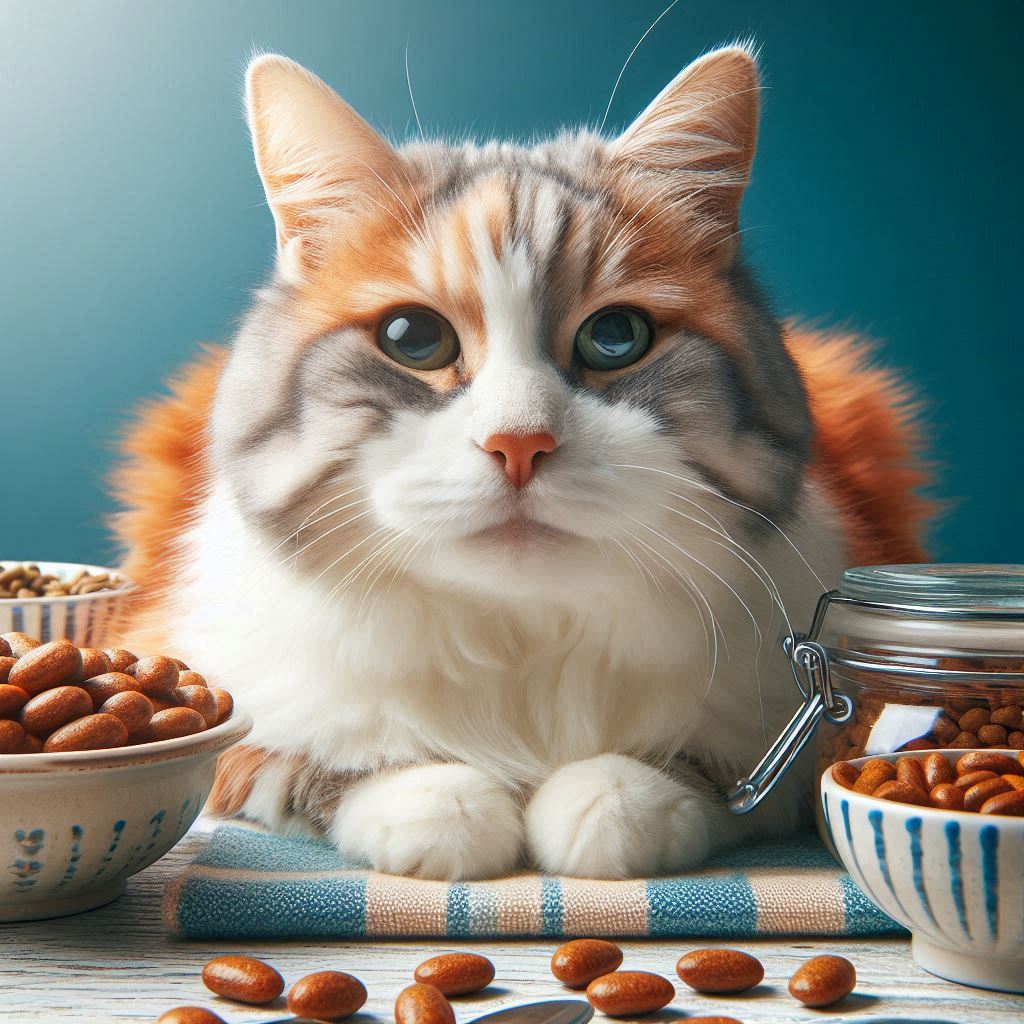As cats age, their dietary needs change significantly. Just like humans, senior cats require a balanced and specialized diet to support their health, mobility, and overall well-being. Feeding your senior cat the right food can improve their quality of life, help manage age-related health issues, and even extend their lifespan. This comprehensive guide breaks down what to feed your senior cat based on different age stages, helping you make informed decisions for your feline friend.
Why Nutrition Matters for Senior Cats
Senior cats experience several physiological changes including slower metabolism, reduced activity levels, and increased risk of chronic diseases like kidney problems, arthritis, and diabetes. Proper nutrition helps:
- Maintain healthy body weight
- Support joint and muscle health
- Improve digestion and nutrient absorption
- Boost immune function
- Manage or prevent chronic diseases
By adjusting your cat’s diet as they age, you ensure they get the right balance of proteins, fats, vitamins, and minerals essential for their stage of life.
Feeding Cats Ages 7-10: Early Senior Stage
Cats aged 7 to 10 years enter what’s considered the early senior phase. At this stage, metabolism begins to slow, and their activity level might decrease, but many cats are still relatively active.
Key Nutritional Focus:
- Moderate calories to prevent weight gain as activity lessens
- High-quality protein to maintain muscle mass
- Balanced fat content to provide energy without excess calories
- Joint-supporting nutrients such as glucosamine and chondroitin
Recommended Foods:
- Senior-specific dry or wet foods formulated for middle-aged cats
- Foods rich in omega-3 fatty acids from fish oils for inflammation and coat health
- Supplements for joint health can be considered upon vet recommendation
Feeding Cats Ages 11-14: Mature Senior Stage
Between 11 and 14 years, cats enter mature senior years where they are more prone to health issues like arthritis, kidney decline, and dental problems.
Dietary Adjustments:
- Lower calorie intake to prevent obesity, which can worsen arthritis
- Increased moisture intake through wet food to support kidney function and hydration
- Higher quality, easily digestible protein to maintain muscle without straining kidneys
- Added antioxidants like vitamins E and C to support immune health
Tips:
- Incorporate wet food or mix wet and dry food for hydration benefits
- Consider foods labeled for kidney support if recommended by your vet
- Monitor weight and body condition regularly
Feeding Cats Ages 15 and Older: Advanced Senior Stage
Cats over 15 years are considered advanced seniors and often require very specialized diets due to multiple health concerns.
Nutritional Needs:
- Highly digestible protein to aid nutrient absorption
- Low phosphorus and protein levels if kidney disease is present
- Increased fiber for digestive health and weight management
- Supplements like taurine, B vitamins, and omega-3 fatty acids for heart, vision, and coat health
- Palatable foods with strong aroma to encourage eating as appetite declines
Important Considerations:
- Frequent veterinary check-ups to adjust diet based on health changes
- Prescription diets for chronic illnesses as needed
- Offering small, frequent meals to stimulate appetite
Recommended Foods and Ingredients for Senior Cats
Regardless of specific age, here are some general recommendations on what to look for in senior cat food:
- High-quality animal protein (chicken, turkey, fish) for muscle maintenance
- Healthy fats like omega-3 and omega-6 fatty acids for skin, coat, and anti-inflammatory benefits
- Fiber to aid digestion and prevent constipation
- Limited fillers and artificial additives which can be hard to digest or cause allergies
- Added vitamins and minerals especially antioxidants to boost immune health
Transitioning Senior Cats to New Diets
Sudden changes can upset a senior cat’s sensitive digestive system. To switch to a new diet:
- Gradually mix increasing amounts of new food with old over 7-10 days
- Monitor for signs of digestive upset such as vomiting, diarrhea, or decreased appetite
- Use warming techniques or add tasty toppers to encourage eating
- Consult your vet if picky eating persists
Hydration Tips for Senior Cats
Dehydration is a common problem in senior cats and can exacerbate kidney and urinary issues.
- Offer plenty of fresh water daily in accessible, clean bowls
- Use water fountains to encourage drinking
- Incorporate wet or canned foods, which contain up to 80% moisture
- Avoid dry food-only diets unless supplemented with ample water
When to Consult Your Veterinarian
Senior cats often develop health conditions requiring diet changes. Contact your vet if you notice:
- Weight loss or gain
- Changes in appetite or thirst
- Lethargy or mobility issues
- Digestive problems like vomiting or diarrhea
Veterinary guidance ensures your cat’s diet matches their health needs, improving comfort and longevity.
Conclusion
Feeding your senior cat the right food according to their age is crucial for maintaining their health, energy, and happiness. From the early senior stage through advanced years, nutritional needs evolve, requiring high-quality proteins, balanced calories, hydration, and special supplements. Regular veterinary checkups and attention to your cat’s preferences will help you make the best dietary choices.
By prioritizing your senior cat’s nutrition, you’re giving them the best chance to enjoy their golden years with vitality and comfort.
